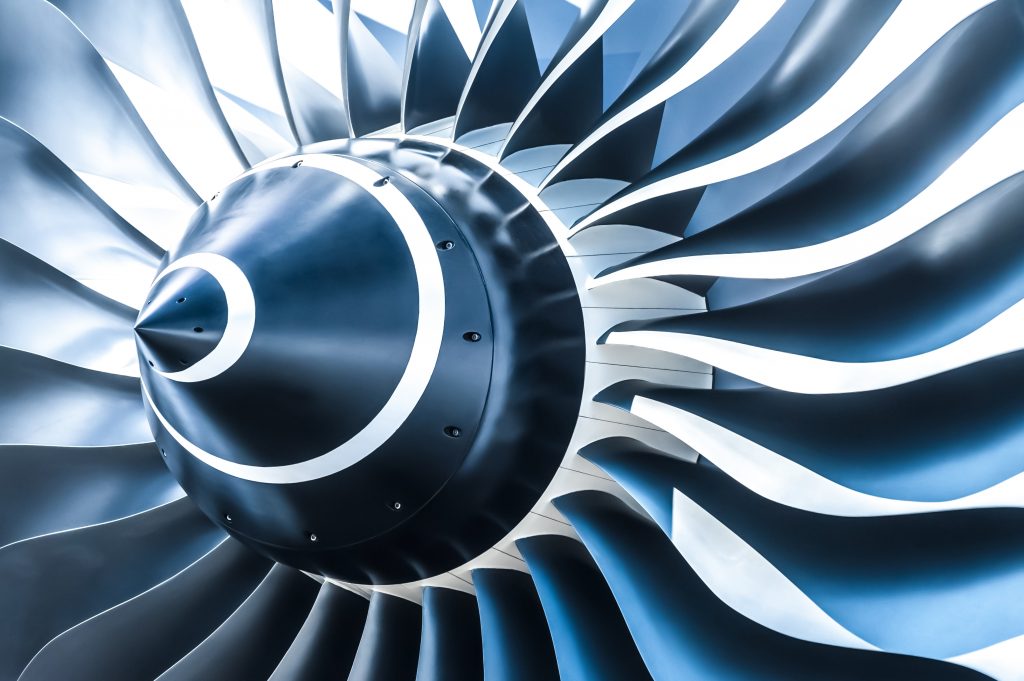Your Strategic Partner for Aircraft Leasing and Asset Management

Uniquely Positioned
ORIX Aviation was established in Ireland in 1991, delivering in excess of US$40bn in transactions since inception.
In addition to being a global operating lessor in our own right, with a fleet of over 200 aircraft, we also own 30% of Avolon, a Top Three Lessor. At ORIX Aviation, we have developed a best in class Asset Management reputation, attracting international and domestic Japanese investors.
ORIX Aviation’s unique business model is comprised of four key pillars including;
- ORIX Aviation’s Owned Aircraft
- Joint Ventures
- Asset Management services including Japanese Operating Lease, Managed Aircraft and Bespoke Remarketing Solutions
- ORIX Aviation Capital for Strategic Aviation related Investments.

 S&P Ranked Aviation Lease Servicer
S&P Ranked Aviation Lease Servicer